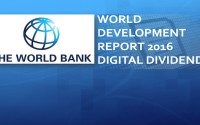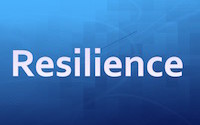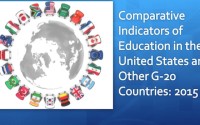
Transdisciplinary Pedagogical Templates and their Potential for Adaptive Reuse
This article explores the use and usefulness of carefully designed transdisciplinary pedagogical templates (TPTs) aligned to different learning theories. The TPTs are based on the Learning Design Framework outlined in the Larnaca Declaration (Dalziel et al. in this collection). The generation of pedagogical plans or templates is not new. However, the creation and sharing of […]
















